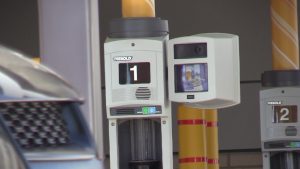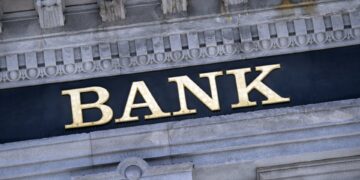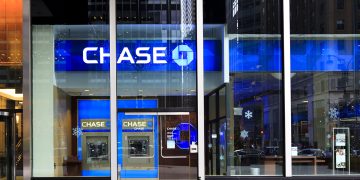SALT LAKE CITY, Utah – Bank branches are closing rapidly for all sorts of reasons, like people not wanting to leave their homes, people enjoying the convenience of mobile banking and people not wanting to touch icky money. It’s led to an evolution in the banking world, but what does that mean for your money and your favorite bank down the street?
Brick and mortar banks have been losing a lot of business to online banks and it has led to a lot of bank closures. The KSL Investigators crunched numbers obtained from the FDIC. Over the past decade more than 5,500 branches have closed. That adds up to about 1.5%, every year.

For people who need to deal in cash or simply want to be able to walk into the building where their money is held, it has become harder to do so. The impact is hitting rural and poorer communities the hardest. And it’s a trend predicted by industry analysts that will continue.
“The landscape is very different,” said Simon Zhen, research analyst at MyBankTracker.com.
We asked Zhen to peer into his crystal ball and try to predict the future of banking for people who might not trust leaving all their banking needs to an app.
“Branches are going to the featureless teller line,” said Zhen. “And there’s going to be more ATMs. They’re going to be smart ATMs that have a bit wider range of functions.”
Like the do-it-yourself ticket kiosks at airports so the self-checkout lanes at the grocery stores, machines will likely become more prominent in the banking world.
“I can see a lot of people and I’ll be honest – me to a certain extent – being uncomfortable with the idea that I can’t just walk up to a teller and say, ‘Hey, I need my money.” I told Zhen.
“Right! And that’s the big bump in adoption that many people and banks are trying to solve,” he responded. “This is a big problem.”
According to FDIC data, the last year the county saw a big spike in new bank branches was 2008 – just as the subprime home lending crisis and economic meltdown brought the need for more personal attention to people’s personal finances and mortgages.








